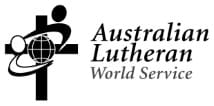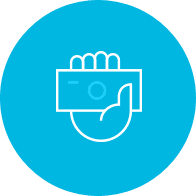Local communities report that changing climate is increasing the physical, economic and social impact of disasters. Vulnerable groups, including women and girls and people with disabilities, are particularly at risk. One project in Indonesia is supported by the Australian Government through the Australian NGO Cooperation Program (ANCP).
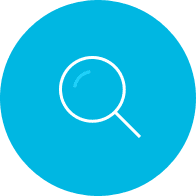
What
Resilient and Inclusive Community Development (RICD)
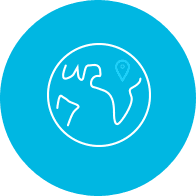
Where
North and West Sumatra and Riau Islands Province
Who
9,565 (5,353 female, 4,212 male, including 967 persons with disability) in partnership with ELCA
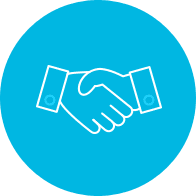
Partners
Centre for Disaster Risk Management and Community Development Studies (CDRM&CDS)
Seeds of success
Omera and her family with their kitchen garden
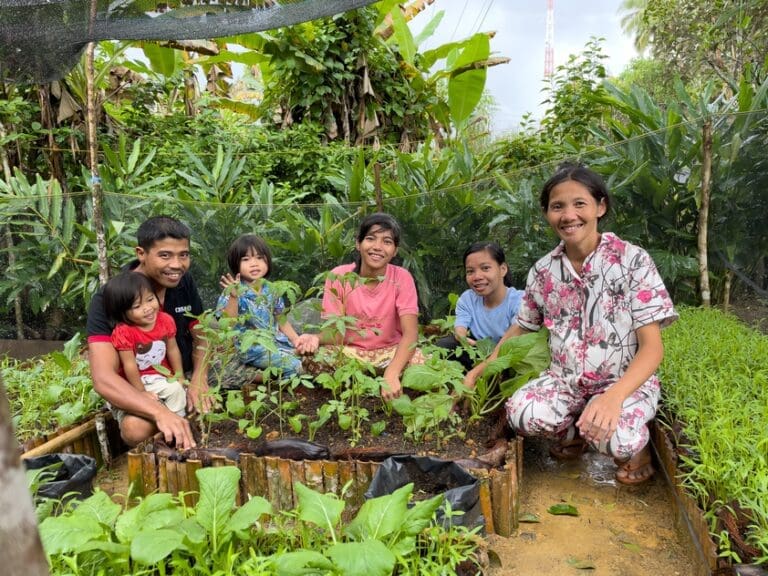
“Before your support, we struggled to feed the family. If we wanted to have food and vegetables we would have to buy from the market, but we didn’t have enough money. We ate just rice.
I felt my heart was crying because
all I could feed the family was rice
with salt and water.
I was often thinking ‘how can I feed the family? We needed to work for other families like slaves on their rubber trees just to survive.
The first support we got was with chickens and piglets. From selling the eggs and the piglets that we bred, we could buy clothes and vegetables for the children.
I joined the Farmer’s Group set up CDRM&CDS (your ALWS partner in Indonesia) to learn about growing my own kitchen garden. I learnt how to prepare the land by digging and making the compost. I would collect soil from the land and leaves and other plants to make a mulch. Mix it with rice husks and banana leaves too.
They taught me how to make organic fertilizer by using the water from when I wash the rice each day and to mix it with bamboo root and some other local plants. They also showed me how to make raised seed beds and even how to collect the good seeds from what I grow so I can plant and not have to buy from other places.
I grow chillies, beans, mustard leaves, corn, eggplant, tomatoes and kangkun – my favourite! The children get nutrition from the vegetables.
Now I don’t need to go and buy, especially when we have not much money.
I can have money for sending the children to school, especially Omera in the senior school.”
ALWS acknowledges the support of the Australian Government through the Australian NGO Cooperation Program (ANCP).
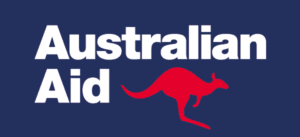
Find out more about...
| Indonesia (CDRM&CDS) | |
| What | Resilient and Inclusive Community Development (RICD) |
| Local Partner |
Centre for Disaster Risk |
| Where | North and West Sumatra and Riau Islands Province |
| Who | 9,565 (5,353 female, 4,212 male, including 967 persons with disability) in partnership with ELCA |
| ALWS Action | ALWS: $163,277 DFAT: $281,793 Total: $445,070 (also ELCA funding of $229,735) |
Local communities report that changing climate is increasing the physical, economic and social impact of disasters. Vulnerable groups, including women and girls and people with disabilities, are particularly at risk. One project in Indonesia is supported by the Australian Government through the Australian NGO Cooperation Program (ANCP).
- 101 vulnerable families with increased capacity to engage in village development and advocacy
- 317 vulnerable families establish home gardens to improve food security and reduce malnutrition
- 292 families trained in finance and saving
- 48 farmers trained to scale up banana production
- 6 demonstration plots operated by 146 farmers practicing climate change adaptation
- 785 people in 21 schools educated on disaster risk reduction and climate change
- 13 community health posts strengthened
- 24 villages with raised awareness of rights of people with disabilities and disability inclusion
- 627 women sensitised on women’s rights.
Reducing barriers and providing equal opportunities can support vulnerable groups to fully participate in the development process. Gender and disability justice must be promoted at both family and community levels.
Women and persons with disabilities, through active membership of community-based groups, have been engaged in livelihoods, disaster risk reduction, climate change adaptation and other development processes, including voicing their rights and their interests to local authorities.
|
“When Omera was born, the midwife did not bring my baby to me. They kept her for two days because she was not normal like other babies. Her hands were not normal. But when I saw Omera, I was not sad. I saw her beautiful face, and this changed my heart. I loved her. When Omera came home from the hospital, many people from the village came to see. They told me many hard things like, “how can you take care of this baby? Look at her hands and feet! What can this baby do when she grows up? You will have trouble in the future.” Sometimes I would think about those words, and I would cry. But I was not influenced by these words. When I felt sad, I would tell myself that Omera is a gift from God and that each gift He gives can be different. I thank the people of Australia for helping my family to make the garden, and especially for Omera so she can keep her spirit in education and keep learning and feel confident in herself.” |
|
Gifts of Grace
-
$68
- Learn more
Gift in your Will
Lives you touch
How do you want to be remembered?
Now you can keep blessing others with a gift in your Will...
